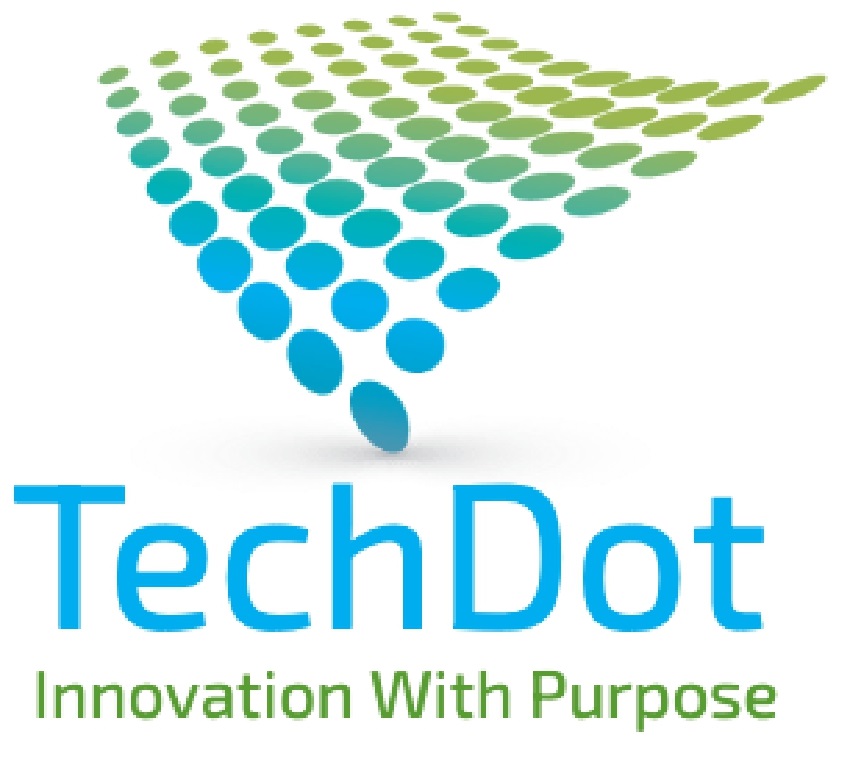Artificial Intelligence (AI) development has emerged as a transformative force in the realm of technology, revolutionizing the way we interact with machines, process data, and solve complex problems. As businesses across various industries increasingly recognize the potential of AI, the field of AI development has become a focal point for innovation, efficiency, and creating intelligent solutions.
Understanding Artificial Intelligence:
Artificial Intelligence refers to the creation of intelligent systems that can perform tasks requiring human-like cognitive functions. These tasks include learning, reasoning, problem-solving, perception, and language understanding. AI development encompasses a range of techniques and technologies that enable machines to mimic human intelligence and adapt to evolving situations.
Key Components of AI Development:
- Machine Learning (ML): At the core of AI development is machine learning, a subset that focuses on developing algorithms and models that allow systems to learn and improve from experience. Supervised learning, unsupervised learning, and reinforcement learning are common approaches within the ML domain.
- Natural Language Processing (NLP): NLP enables machines to understand, interpret, and generate human language. This technology is crucial for applications like virtual assistants, chatbots, and language translation services.
- Computer Vision: AI development often involves computer vision, which empowers machines to interpret and make decisions based on visual data. This is utilized in facial recognition, image analysis, and autonomous vehicles.
- Deep Learning: Deep learning is a subset of machine learning that involves neural networks with multiple layers. It has proven instrumental in tasks such as image and speech recognition, natural language processing, and game playing.
Applications of AI Development:
- Business Automation: AI streamlines and automates business processes, enhancing efficiency and reducing operational costs. Robotic Process Automation (RPA) is an example of AI applied to repetitive tasks.
- Predictive Analytics: AI algorithms analyze vast datasets to identify patterns and trends, enabling businesses to make informed predictions. This is particularly valuable in sectors like finance, healthcare, and marketing.
- Personalized User Experiences: AI is employed to deliver personalized experiences to users, from recommendation systems on streaming platforms to personalized marketing strategies based on user behavior.
- Healthcare Innovations: AI development is making significant strides in healthcare, from diagnostics and personalized treatment plans to drug discovery and patient care management.
Challenges and Considerations:
While AI development holds immense promise, it comes with ethical, societal, and technical challenges. Ensuring transparency, avoiding bias in algorithms, and addressing privacy concerns are critical aspects of responsible AI development. Additionally, ongoing research and development are essential to stay ahead in an ever-evolving field.
Conclusion:
Artificial Intelligence development is reshaping the technological landscape, offering unprecedented opportunities for innovation and efficiency. As businesses continue to explore the vast potential of AI, responsible development practices, ethical considerations, and ongoing advancements will play pivotal roles in harnessing the full power of artificial intelligence for the benefit of society.
